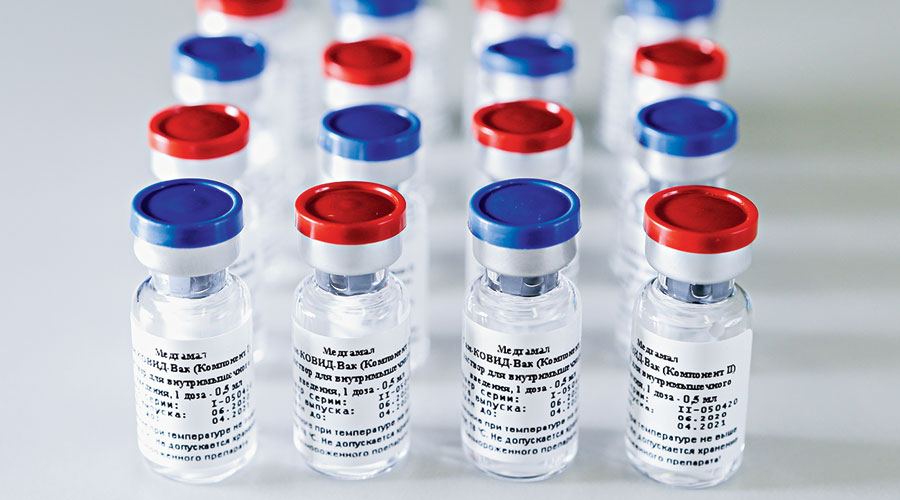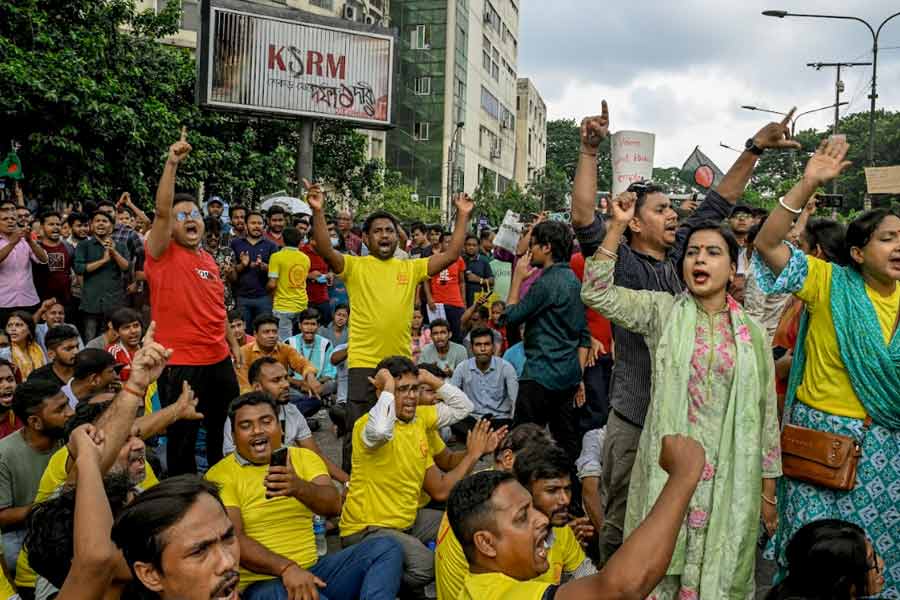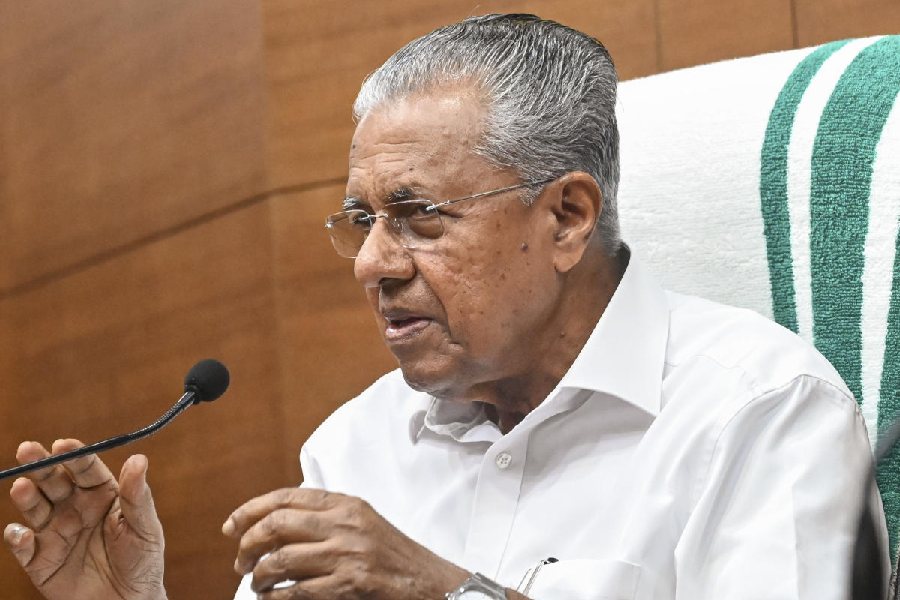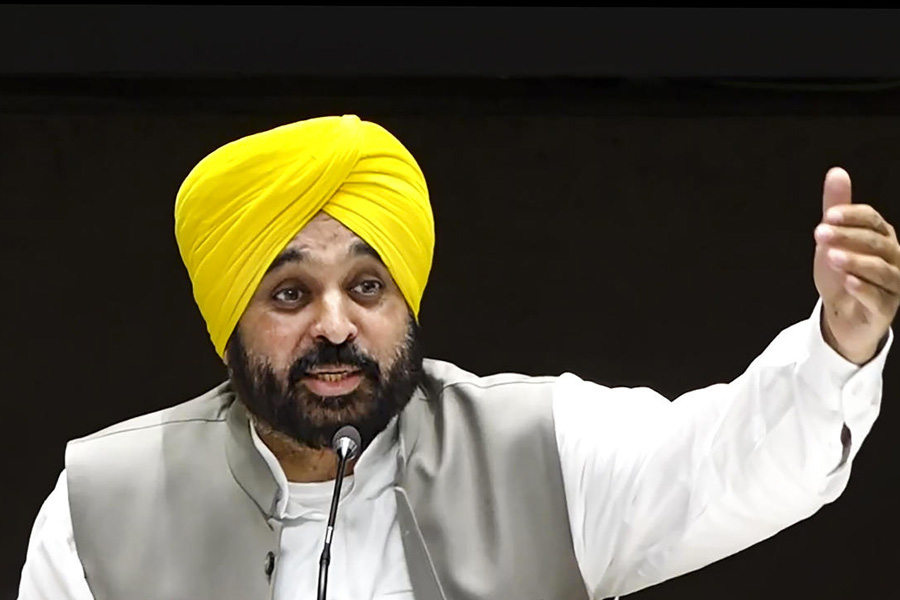The arrival of a potent vaccine — several are being tested around the world — is likely to resolve the crisis brought about by the coronavirus. But it is also possible that significant challenges would remain even after a medicine is found to tame the raging virus. Having examined existing purchasing agreements and production capacities, researchers at the Duke University Health Innovation Centre in the United States of America have stated that millions of people could lack reliable access to the drug in its early phase of roll-out. The reason for this shocking shortfall, unsurprisingly, is the embedded inequality of the global order. Economic muscle-flexing by high-income nations, it is feared, would lead to hoarding. Data bear out this anxiety. Canada, for instance, would have enough medicines to vaccinate its population five times over; the United Kingdom, just like the US, can do it twice over. At the other end of the spectrum lie India, Bangladesh and Egypt — populous nations that have the means to inoculate less than 30 per cent of their people. Other kinds of fault lines are also emerging. There is concern that inadequate infrastructure — modern cold chains — could adversely affect the distribution of the vaccine in rural areas in poorer nations.
The asymmetries reveal several urgencies. Greater investment must be made in avenues of international medical cooperation: the Covax initiative, facilitated by the World Health Organization and its alliance partners, is one platform that demands support from the international fraternity. India must ponder the urgent need to bolster indigenous research. The fruits of cutting-edge research facilities could reduce New Delhi’s reliance on a foreign vaccine. Finally, the skewed relationship between ethics and economics needs to be reset. A pandemic that has taken lakhs of lives should not be deemed as an occasion fit for monopoly and hoarding.











